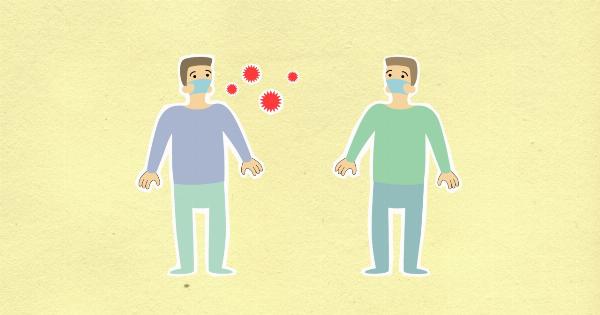In recent months, a flu epidemic has swept across communities, resulting in the deaths of 62 individuals. The flu is a highly contagious respiratory illness caused by influenza viruses that infect the nose, throat, and lungs.
It can cause mild to severe illness, and in some cases, can be fatal.
How the Flu Spreads
The influenza virus spreads from person to person through coughing, sneezing, or talking. It can also spread when a person touches a surface contaminated with the virus and then touches their eyes, nose, or mouth.
People with the flu are the most contagious in the first three to four days after their illness begins. Some individuals can be infected with the flu virus but not show any symptoms.
These people can still spread the virus to others, which is why it is essential to take precautions to prevent the spread of the flu.
Preventing the Flu
The most effective way to prevent the flu is to get vaccinated.
The flu vaccine is recommended for everyone six months and older, especially those at high risk for complications, such as young children, adults over the age of 65, pregnant women, and individuals with certain health conditions. The flu vaccine can reduce the risk of getting the flu and reduce the severity of the illness if you do get sick.
In addition to getting vaccinated, it is essential to practice good hygiene, such as washing your hands frequently with soap and water, avoiding close contact with people who are sick, covering your mouth and nose with a tissue when you cough or sneeze, and staying home if you are sick.
Symptoms of the Flu
The symptoms of the flu can be similar to those of a cold, but are typically more severe. Symptoms can include:.
- Fever or feeling feverish/chills
- Cough
- Sore throat
- Runny or stuffy nose
- Muscle or body aches
- Headaches
- Fatigue (tiredness)
Some people may also experience vomiting and diarrhea, although these symptoms are more common in children than adults.
What to Do if You Get the Flu
If you have the flu, it is important to stay home from work or school and avoid close contact with others until you have been symptom-free for at least 24 hours without the use of fever-reducing medication.
Rest, drink plenty of fluids, and take over-the-counter medications to relieve symptoms.
If you are at high risk for complications from the flu (such as those with underlying health conditions), contact your healthcare provider for advice on treatment.
Antiviral drugs can lessen symptoms and shorten the duration of the illness, but they work best if started within 48 hours of the onset of symptoms.
Conclusion
The flu epidemic has claimed the lives of 62 individuals, and it is important to take steps to prevent the spread of the virus.
Getting vaccinated, practicing good hygiene, and staying home if you are sick can all help reduce the risk of getting and spreading the flu.
























